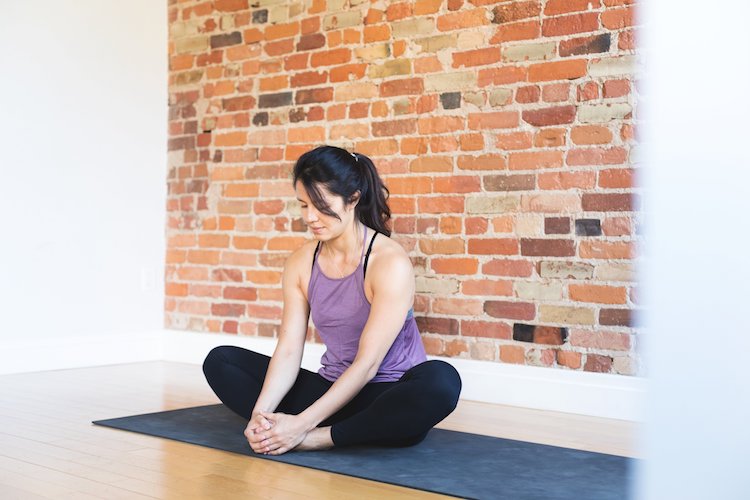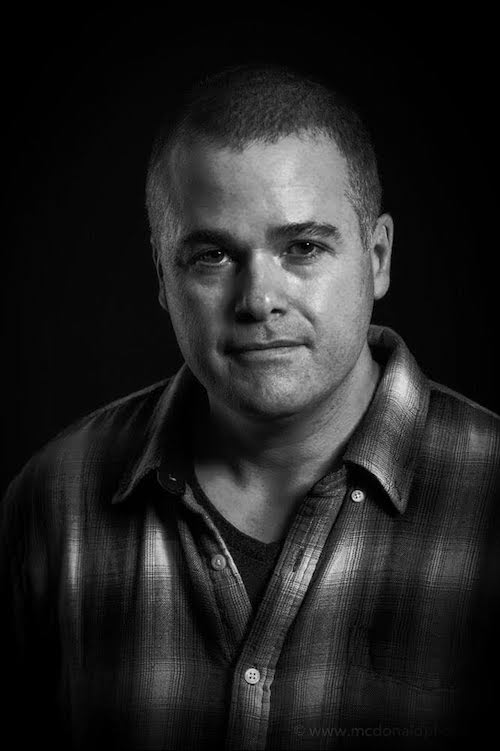
Taking ADHD medication has made a huge difference for me. Over time though, I started to realize it’s just one important part of my treatment plan. I’ve incorporated additional coping strategies and lifestyle changes that I want to share with you here.
Top 3 ADHD Strategies
My top 3 ADHD strategies may come as a surprise to you, but they are the things that have made a big difference for me over time:
- Self-compassion
- Rest
- Routine and structure
Self-compassion
Most people who have Attention Deficit Hyperactivity Disorder can be their own worst critic. I’ve had times when I’ve found it difficult to acknowledge my own progress because I haven’t had a lot of positive feedback in my life.
When you think about the fact that by the age of 12, a person with ADHD experiences over 20,000 more negative comments than a child without ADHD (E. Hallowell, M.D), it’s understandable that we have a strong inner critic. That number only grows as we get older and become adults.
Having self-compassion is a great coping skill for silencing your inner critic, but it isn’t easy because our adversities leave us feeling as if we’re less than others, and we can be frustrated with our lack of progress. Negative comments can cause a person to develop what psychology refers to as Imposter Syndrome, and they are also a big reason why we suffer in silence, instead of being open about our mental health.

What Is Imposter Syndrome?
Imposter syndrome as described by dictionary.com: Anxiety or self-doubt that results from persistently undervaluing one’s competence and active role in achieving success, while falsely attributing one’s accomplishments to luck or other external forces.
It leads us to feeling as if we’re not good enough, to self-sabotage or giving up.
How can we meet ourselves where we are and show ourselves a little compassion? Here are my strategies:
- Recognize that feeling our emotions doesn’t mean we’re “snowflakes.” It’s difficult to cope with tough emotions, but doing so shows emotional resilience, self-awareness and mental strength.
- If you’re like me, you’ve spent a lot of time focusing on your negative past experiences and feeling ashamed, and frustrated that those things happened, or that you still struggle with certain things.
I’ve learned a tool called re-framing to cope with my inner critic. Re-framing doesn’t mean that you won’t have strong thoughts and feelings, but it instead teaches you to see those things in a more productive way. The progress is not in what we struggle with, but in how we relate to those things.
- Being less critical of ourselves influences our self-worth. When we practice compassion for ourselves, its helps us cope with things such as adverse childhood experiences and other psychological issues.

Resting & Recharging
Taking time for myself used to be one of my biggest stressors in my life. A big reason was the incorrect beliefs I had, like self-care makes me a selfish person. This belief led me to be overwhelmed, in a constant state of anxiety, and ignoring my mental health.
I eventually learned to ignore people who have negative opinions relating to self-care. Taking down-time and making time for your mental health is a good thing, and it doesn’t make you needy or selfish! It’s an act of selflessness and shows you’re willing to step up and do what’s necessary for improving your mental health.
How can we change the way we view self-care, and make time for our mental health? We start with keeping the following facts in mind:
- Taking time to decompress can help you feel less overwhelmed and anxious. Many people don’t realize that ADHD has a sensory aspect to it. When we don’t take time to acknowledge this, it can put our senses in overdrive, and make it difficult to focus, and regulate our emotions
- Communicating our concerns, and issues to a professional such as a clinical therapist helps us to be open about our mental health, and also to gain a better understanding of our needs. This understanding, and awareness leads to taking a more active role in our own treatment.

Routines and Other Healthy Habits
When you think of ADHD, routine and any form of structure are not what comes to mind. I used to be one of those people that thought I hated it, but now, after creating routines, I realize it’s simply not true. Just like many other misconceptions about ADHD.
I have a daily routine, which only takes a few minutes and gives my day structure and focus. Creating routines and building healthy habits isn’t always easy, but with a little perseverance it makes a big difference.
How does an adult with ADHD develop routines for creating healthy lifestyle changes?
- Be smart by using the SMART approach. At the end of this article, I’ve included a link to and a worksheet to aid you in this exercise. SMART is a realistic approach to things, and not a quick fix. By taking a realistic, timely approach you can create better habits in any area of your life.
- Focus on what works for you based on your individual progress, while keeping in mind that accomplishing goals, or creating any lifestyle change takes time. So be patient, and take the time to figure out what works for you to help you carry out your goals.
- Sleep is important! I know that when I don’t get enough sleep it impacts the effectiveness of my medication, and my ability to regulate my emotions.
- Mobile apps can be beneficial and therapeutic. They’re great for grounding and journaling, and for creating schedules and reminders. I’ve included a link in the resources below.
All of my tips are things that helped me feel less overwhelmed and powerless regarding my diagnosis – not by making my life problem-free and perfect, but by empowering me to understand myself and my diagnosis.
When we take the time to figure out what works best for us, and we apply those things to our life with the help of medication and professionals, we have a treatment plan that truly makes us stronger. Instead of letting your diagnosis define you, and that may sound cliché, but the end result is worth it.
Lastly, here’s a great article about holistic solutions to ADHD by Rick Green on creating structure and has been incredibly helpful for me.
Resources:
- SMART worksheet
- A list of apps and a few tips I’ve found helpful in this mobile app
About Sandy Pace

In 2015, I came across two advocates who changed my life: Rick Green at TotallyADD, and How to ADHD’s Jessica McCabe. I honestly can say they’ve changed my life in ways I never thought possible. Through inspiring me to become an author/advocate and help others in their journey.
Since then, I’ve been featured in: Thought Catalog, Libero Magazine, Mediums Invisible Illness & Beautiful Voyager, plus SOS Safety Magazine.
In addition to writing, I’m in the process of becoming a certified peer support worker, so I can empower others living with a mental condition. I’m additionally diagnosed with ADHD, and proud to be a passionate advocate who does everything in my power to eliminate the stigma attached to ADHD and medication.
You can find more of my articles at Medium




Leave A Comment
You must be logged in to post a comment.